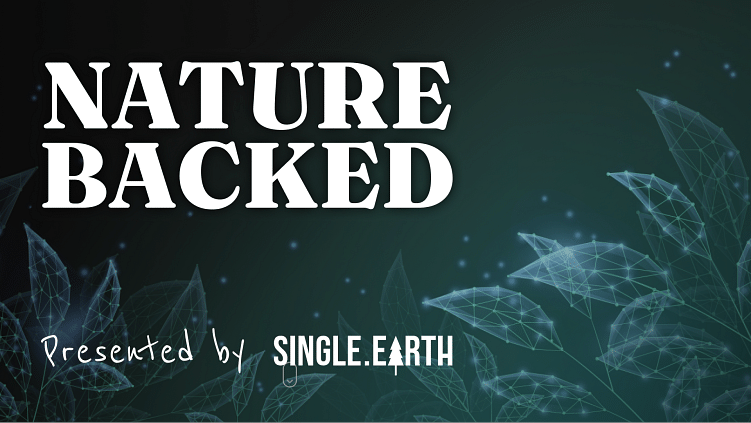
n the last two episodes, we spoke a lot about saving forests and preserving biodiversity.
🎙️E68: Protecting Ancient Woods with Sengire Fondas
In the episode, we deep-dived into saving the old forests with Rimantė Paulauskaitė-Digaitienė from the The Sengirės fondas - The Ancient Woods Foundation, which aims to acquire the first 100 hectares of old forests in Lithuania by the end of this year and leave them for nature.

"The organisation was founded in 2020, aiming to protect the last remaining forest plots of old-growth forests, the last remaining biologically very valuable forest plots, like fragments, and don't do anything with that, meaning leaving it to nature to develop naturally. So it really becomes the real old-growth forest."
"It may seem that it's not much, especially when you sit near the computer and look at the data, look at the Excel, but when you get to those forests, you understand what you're doing, understand why you're doing that. And it seems a lot easier to understand when you get there," she said.
The foundation was launched after "Sengire", a nature documentary Mindaugas Survila shot over many years, became an unexpected hit in Lithuania and abroad.
The movie is available through Vimeo's on-demand service.
🎙️E69: Biodiversity Brigade: Challenges, Opportunities, and Lessons Learned with Zoe Peden from Ananda
Biodiversity is the diversity of life on Earth, and it is vital for our planet and our well-being. But how do we know if we are having a positive or negative impact on biodiversity, and how can we improve it?
In this episode, I spoke with Zoe Peden, partner at Ananda Impact Ventures Ventures, an investment firm that supports innovative solutions for biodiversity conservation and restoration.

Zoe shared her insights on why biodiversity is important, the challenges and opportunities of measuring and verifying biodiversity impact, and how one of her portfolio companies, NatureMetrics, is using the environmental DNA method to provide accurate and reliable data on biodiversity in various ecosystems.
“A lot of the biodiversity databases are really, really out of date. And that's why we need to start an awful lot of investment going into people measuring things. That's where we are at the moment,” Peden said.
She also discussed some of the lessons learned from the carbon market, and how to avoid some of the pitfalls and risks that have plagued the carbon credits system.
“I think the biodiversity brigade – we could call ourselves that – has probably been watching what's been happening with carbon over the last five years, and seeing what we can learn from it, to make sure this doesn't happen again,” she said.
ps. There is a new homepage for the NatureBacked podcast on naturebacked.com! And if you like what you hear: subscribe to NatureBacked on your podcast player.
pps. A nice story on forests, startups and Estonia in Sifted. Check it out: https://sifted.eu/articles/how-estonian-startups-are-saving-the-forests